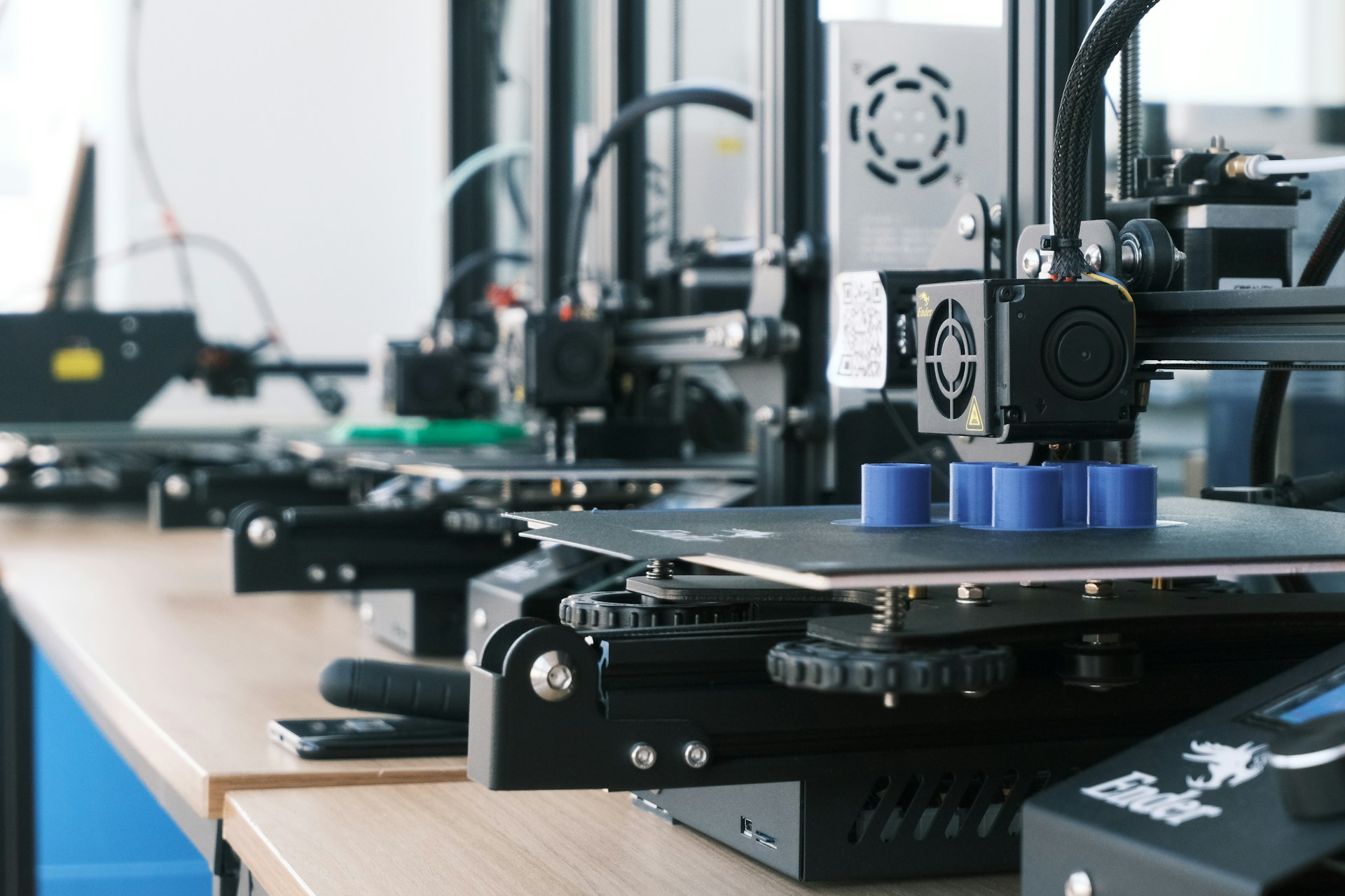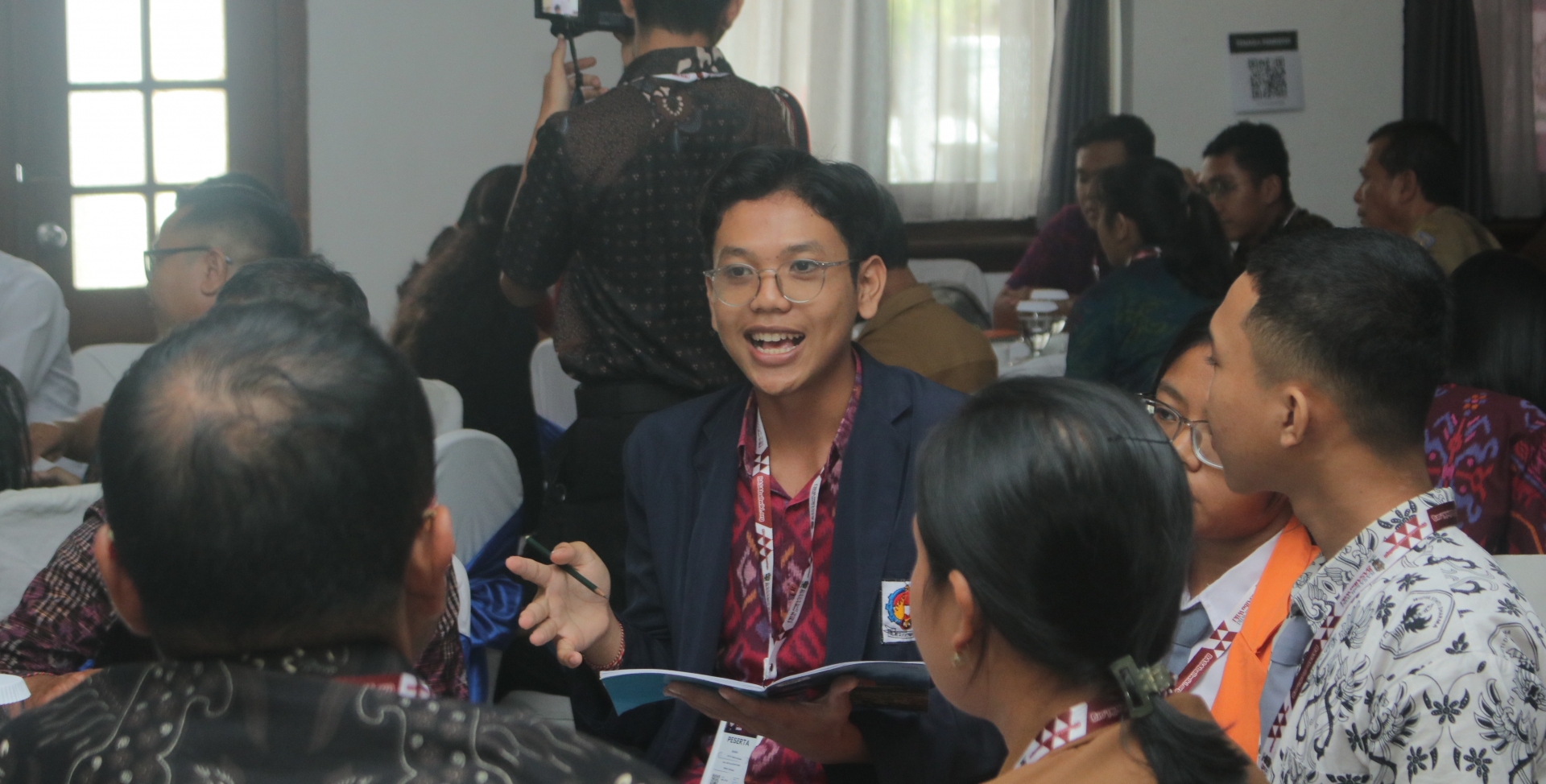Rethinking Economic Equity in the Age of Automation
Automation is reshaping our world, but it also raises the question as to how its benefits and costs should be shared by the society. Wider use of automation has two effects on the economy – it raises productivity and output and on the other end it adversely affects demand for low-skilled labor and their wages, further exacerbating inequality.
The impact of technological change extends to both economic output and the distribution of income and wealth. It also becomes crucial to explore how the advantages and drawbacks of technological advancements can be more inclusively distributed within society.
Automation is already transforming job markets. Industries like manufacturing, logistics, and even white-collar sectors like finance and legal services are witnessing the rise of “intelligent machines” that are taking over tasks previously performed by humans. While some jobs are being lost, new ones are emerging, necessitating the need for different skillsets and often demanding continuous learning and adaptation.
Job Displacements
Since 2000, industrial robots have displaced a total of 1.7 million manufacturing jobs worldwide. Notable regions that have experienced significant reductions in human labor within the manufacturing sector include the United States, the European Union, China, and South Korea. Over the past two decades, the adoption of robotization has tripled, with 2.25 million robots currently taking the place of human workers across the globe.
We can clearly observe how automation can significantly disrupt jobs. A manufacturing complex that produces 23,000 computer parts each month for companies like Tesla and Apple, runs its factory for 24 hours a day, each day of the year. This has been made possible as the “factory is 100% automated, with robots going unsupervised by a human for as many as 30 days at a time.”
A PwC report highlights the potential impact of AI on employment in China, indicating that nearly 26% of current jobs could be rendered obsolete by AI and related technologies in the next two decades. The scale of potential job losses, which could affect millions of people, is a cause for concern.
The rapid advancement of automation and digital technologies could potentially create a divide between those equipped with the necessary skills and education to excel in the new economy and those who are not. This disparity could lead to social instability and unrest. This is a critical issue for China to address, given its remarkable progress in these areas. It is essential that this development is comprehensive and benefits all.
This topic will be a key point of discussion at the forthcoming Horasis China Meeting, scheduled for 14 and 15 April 2024 in Binh Duong, Vietnam. The meeting will bring together over 300 senior members of the Horasis Visions Community, including notable business and government leaders from China. The primary focus of the meeting will be on fostering an entrepreneurial spirit within China that is inclusive and accessible to all.
Policy Imperatives
Addressing inequality requires a comprehensive approach. Governments around the world could start by providing a minimum guaranteed income scheme that could ease the transition for those displaced by automation, ensuring their basic needs are met.
To deal with this looming threat, Bill de Blasio, former mayor of New York, along with some tech leaders in US’ Silicon Valley proposed a Universal Basic Income of US$12,000 a year for every American. He further proposed to “institute a robot tax on large companies that eliminate jobs through increased automation and fail to provide adequate replacement jobs.”
China needs to pinpoint the demographic sectors that are most susceptible to the adverse employment impacts of AI, such as workers in rural regions and declining traditional heavy industries. It’s crucial to ensure that the advantages of AI are equitably distributed among the more vulnerable groups. This could be achieved through an improved social safety net and initiatives that are aimed at fostering growth in the country’s less affluent areas.
Workforce Reskilling a Must
Investing in public education and comprehensive workforce reskilling programs is crucial to equip workers with the skills needed for the new economy. This includes fostering lifelong learning and adapting education systems that keep pace with technological advancements.
Enhanced collaborations between public and private sectors can bridge the skills gap in the workforce to meet employer requirements. For instance, the Alibaba Group and Hangzhou Normal University have jointly established the Alibaba Business School, offering four bachelor’s degree programs. Similarly, DJI, a commercial drone manufacturer, has partnered with the Hong Kong University of Science and Technology to launch an innovation lab, propelling advancements in drone technology.
With approximately 120 Chinese companies in the Fortune 500 and around 4,000 companies listed on the Shanghai and Shenzhen stock exchanges, there is significant potential for a coalition of vocational schools and industry partnerships. These partnerships, could potentially involve commitments from 300,000 companies, encompassing about 11,000 secondary and higher vocational schools, and in turn benefit 27 million students.
The age of automation demands a paradigm shift in how we approach economic equity. Instead of fearing the future, we can harness the power of technology to create a more just and prosperous world. By embracing proactive policy interventions, investing in human capital development, and utilizing AI responsibly, we can ensure that the benefits of automation are shared by all, paving the way for a future where technology empowers humanity, not divide it.
Photo Caption: An automated facility in Seoul




